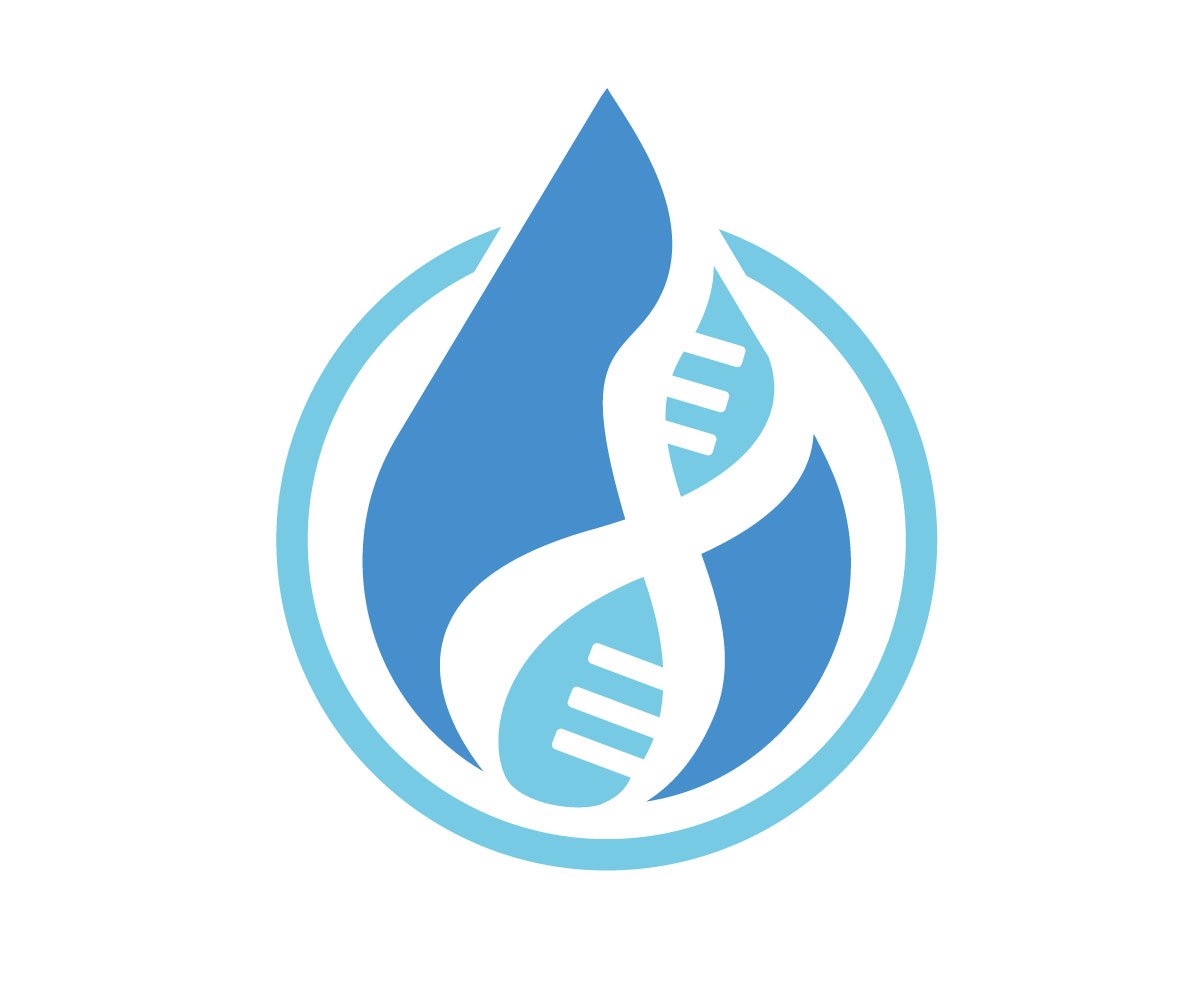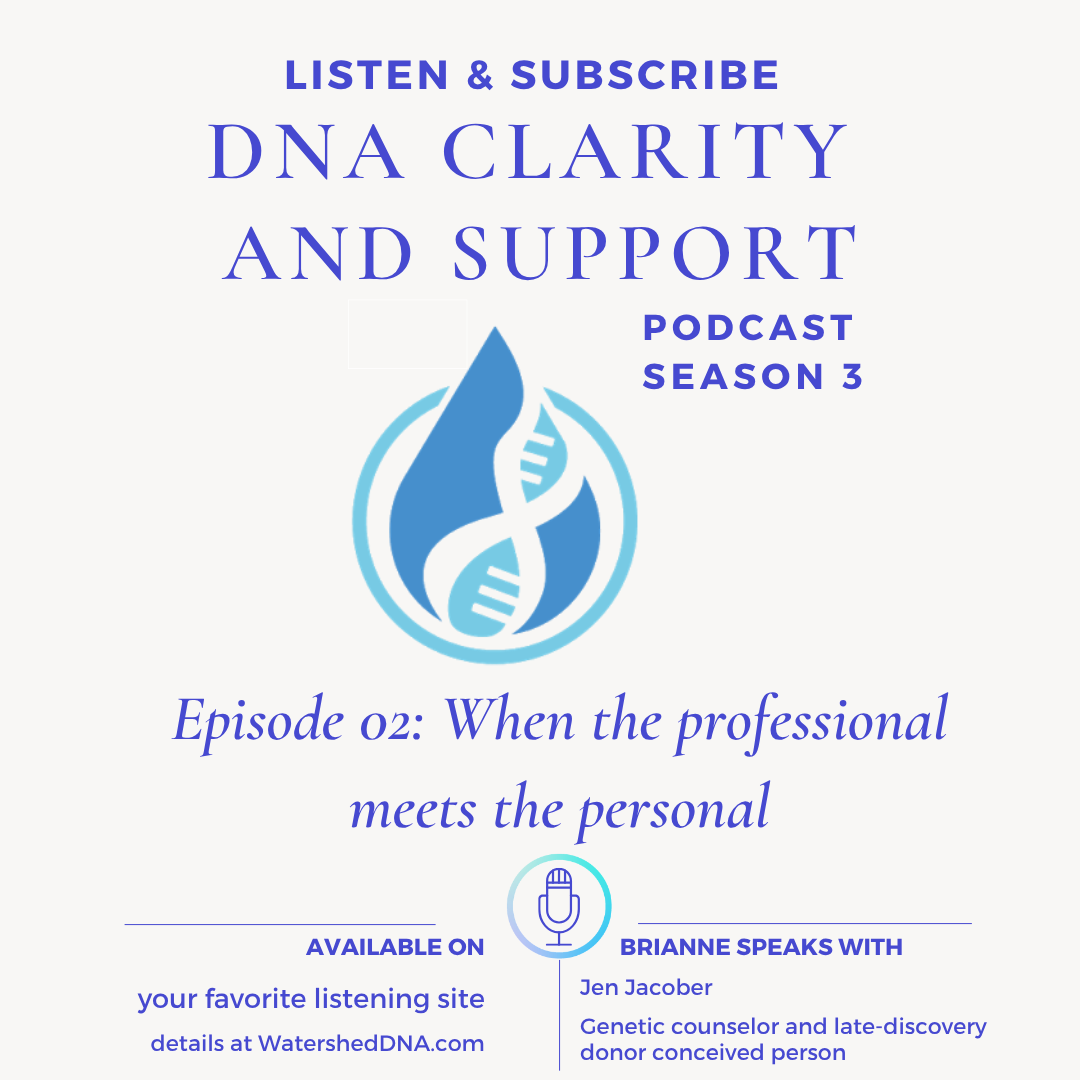
Welcome to Watershed DNA
Search Topics
- DNA Surprise 40
- NPE 38
- DNA 33
- DNA Discovery 32
- Direct to Consumer DNA 23
- Adoption 21
- Adoptees 18
- Ancestry Testing 17
- Misattributed Parentage 17
- Family Search 16
- Home DNA Test 14
- Medical Genetics 14
- Donor Conception 13
- 23andMe 12
- Genetic Counselor 12
- Podcast 12
- Genetic Genealogy 11
- Biological Family 10
- Genetics 10
- DNA Test 9
- At Home Testing 8
- Biological Father 8
- DNA Shocks 8
- Family History 8
- Sperm Donation 8
- DNA Support 7
- DTC Genetics 7
- Genetic Counseling 7
- Raw Data 7
- Donor Conceived 6
- Promethease 6
- ROH 6
- Alzheimer 5
- DNA Guide for Adoptees 5
- DNA Podcast 5
- Family 5
- Forensic Genealogy 5
- Genetic Testing 5
- Paternity 5
- Resources 5
- Stem Cell Transplant 5
- Birth Parents 4
- Egg Donation 4
- Family Health History 4
- Family Secrets 4
- GEDMatch 4
- Non-Paternity 4
- Support 4
- Support Group 4
- Cousin Couples 3
“Take a deep breath…feel whatever it is you’re feeling”—a conversation with Maria Leonard Olsen
Maria's discovery that she's an NPE was one in a series of major life shocks she has weathered. From surviving childhood trauma to achieving sobriety, Maria has turned the adversity she's faced into inspiring TEDx talks, a podcast, presentations, and multiple books. Her next book, which covers the gamut of topics raised by consumer DNA testing, is due out in 2026.
A Father’s Story: Six Years After the Unexpected DNA Discovery of a Child
Today’s guest, Arnold (shared with permission), reflects on the past six years since he first learned he had a biological daughter he never knew existed. His story is one of vulnerability and openness, of loss and healing, and finding courage to reveal a surprise child discovery after years of choosing not to share.
This episode covers:
Arnold’s experience of preparing to share about his biological child discovery, first with his wife and later his children
Arnold (and his late wife’s) decision to meet his biological daughter in person and develop a relationship with her privately
Finding community with other bio dads and from online support groups
How coaching with Brianne set him up for success in sharing the surprise news
When the Professional Meets the Personal: a Conversation with Genetic Counselor Jen Jacober
In this episode of DNA Clarity and Support, Brianne talks with Jen Jacober, a genetic counselor who brings a deeply personal perspective to her work. Jen is a late-discovery donor-conceived person, and she opens up about what it was like to learn this truth as an adult—and how that experience has shaped her understanding of herself and influenced her professional practice.
Season 3 of DNA Clarity and Support Opens with Interview of Maggy, NPE
Maggy was the family genealogist who dedicated her heart and time to developing the family tree branches far and wide. A month after distributing a book of their genealogy to her excited family, she discovered the book no longer included her.
Over the past 12-and-a-half years since her surprise DNA discovery, Maggy has been on a long and winding journey grappling with her identity and navigating changes in her relationships.
Maggy shares encouragement with other NPEs and advice for finding the community that fits your needs. She shares her experience of using a painful discovery to help others (and help yourself in the process).
Solving crimes with DNA testing: understanding the basics with podcast guest J.C. Kenney
J.C. Kenney is the author a series of cozy mystery novels, one of which involves using DNA and genealogy to solve a murder cold case. You need not be a true crime fan or a DNA expert to learn from today's episode! The conversation with J.C. hones in on the highlights of DNA and crime investigation and is a great intro for those unfamiliar with investigative genetic genealogy, often shortened to IGG.
MTHFR, and the Watershed DNA Approach to DNA Testing
There is a growing issue of certain practitioners recommending genetic testing for MTHFR so that they can sell you supplements.
Differences between third-party DNA reports and clinical genetics laboratory reports
People are using third-party tools that give consumers information they interpret as health information on themselves. What comes out of these third-party tools is not actually a genetic health report, but it kinda "looks" like one.







